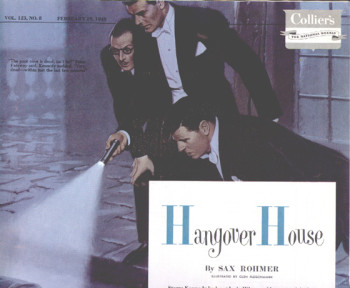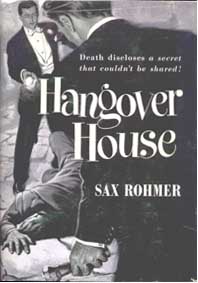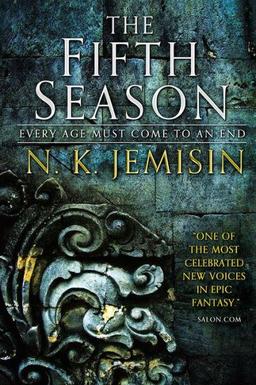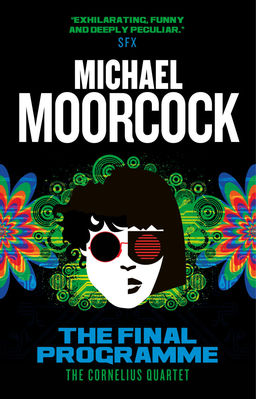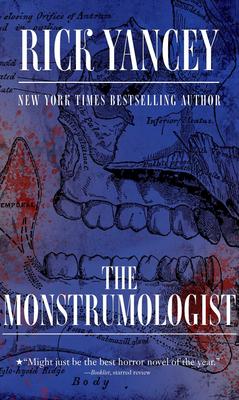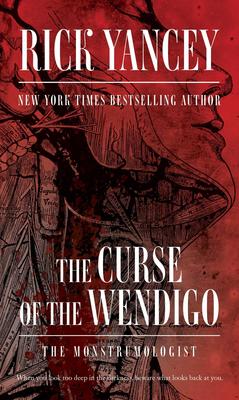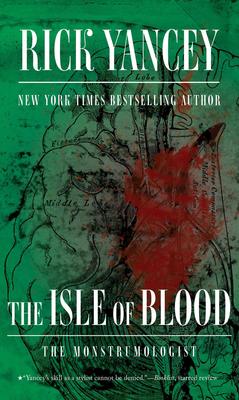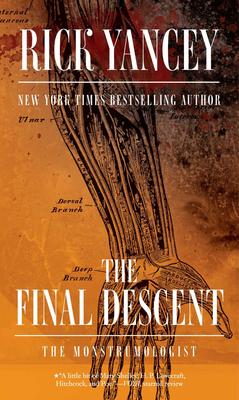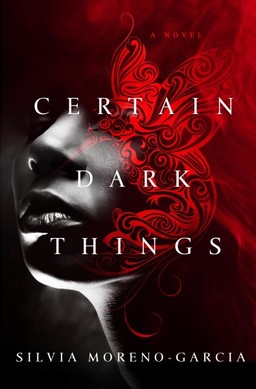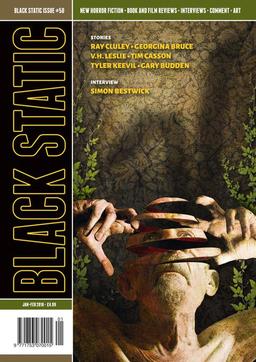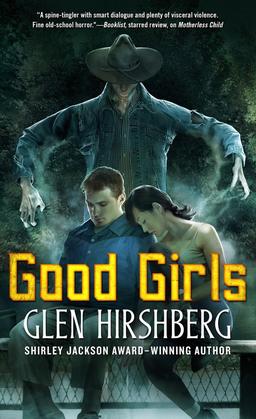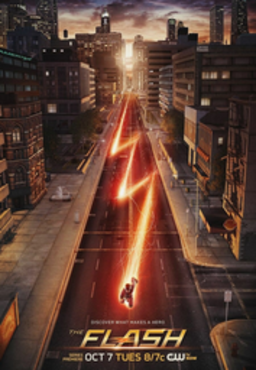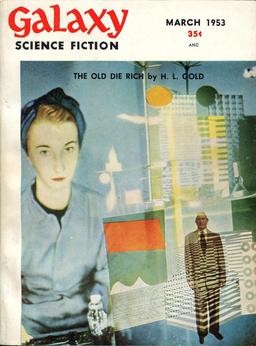Blogging The Insidious Dr. Fu-Manchu by Sax Rohmer – Part Two: “The Zayat Kiss”
NOTE: The following article was first published on March 14, 2010. Thank you to John O’Neill for agreeing to reprint these early articles, so they are archived at Black Gate which has been my home for over 5 years and 260 articles now. Thank you to Deuce Richardson without whom I never would have found my way. Minor editorial changes have been made in some cases to the original text.
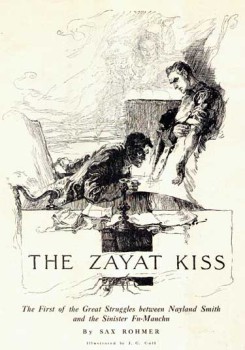
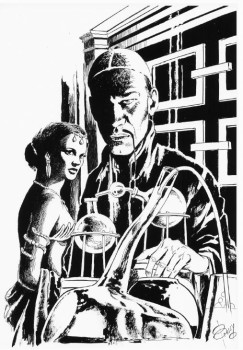 It has often been noted that Nayland Smith and Dr. Petrie are cut from the same cloth as Sherlock Holmes and Dr. Watson and yet they display as many differences as they do similarities to their more famous progenitors. When Sax Rohmer incorporated “The Zayat Kiss” into the first three chapters of his first novel, British readers had a distinct advantage over their American counterparts in that the UK edition, The Mystery of Dr. Fu-Manchu contains chapter titles that The Insidious Dr. Fu-Manchu is lacking. The first chapter is titled, in a direct reference to the opening chapter of the first Holmes novel, “Mr. Nayland Smith of Burma.”
It has often been noted that Nayland Smith and Dr. Petrie are cut from the same cloth as Sherlock Holmes and Dr. Watson and yet they display as many differences as they do similarities to their more famous progenitors. When Sax Rohmer incorporated “The Zayat Kiss” into the first three chapters of his first novel, British readers had a distinct advantage over their American counterparts in that the UK edition, The Mystery of Dr. Fu-Manchu contains chapter titles that The Insidious Dr. Fu-Manchu is lacking. The first chapter is titled, in a direct reference to the opening chapter of the first Holmes novel, “Mr. Nayland Smith of Burma.”
Yet it is not Nayland Smith who conjures the most indelible image of Sherlock Holmes so much as it is the brilliant, but eccentric criminal pathologist, Chalmers Cleeve who we meet as he crawls beetle-like about the crime scene. Cleeve is stumped by the murder of Sir Crichton Davey as much as Scotland Yard’s Inspector Weymouth (who Smith and Petrie meet for the first time in this tale) for it requires more than deductive reasoning to successfully combat Dr. Fu-Manchu. The Devil Doctor can only be matched by an opponent destined to defeat him. Fate, in its distinctly Eastern concept, is the deciding factor in restoring order to the frenzied paranoiac world that Rohmer vividly creates for his readers in sharp contrast with Sir Arthur Conan Doyle’s prevailing belief that trained reasoning can solve any problem.
